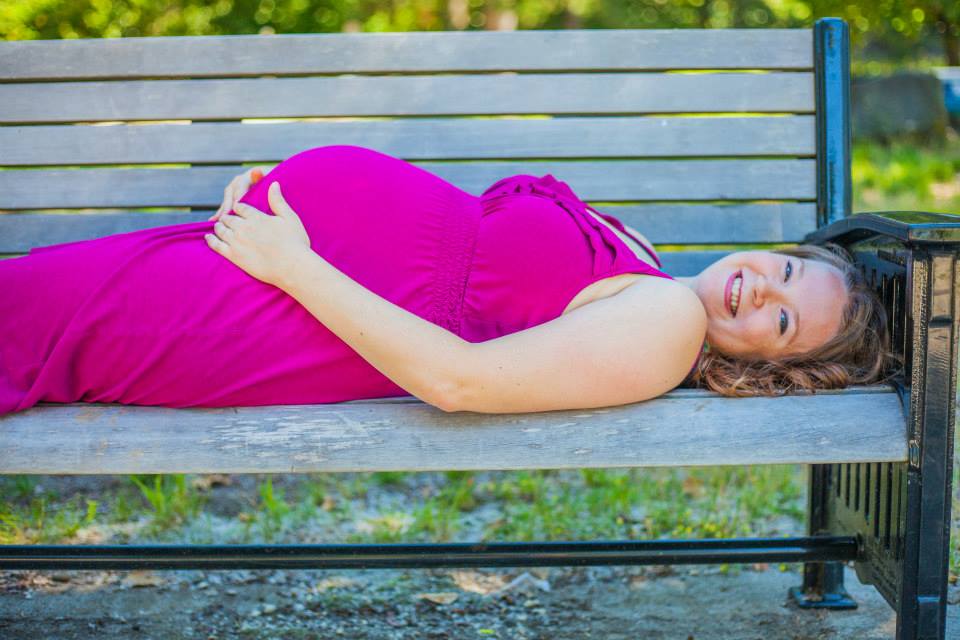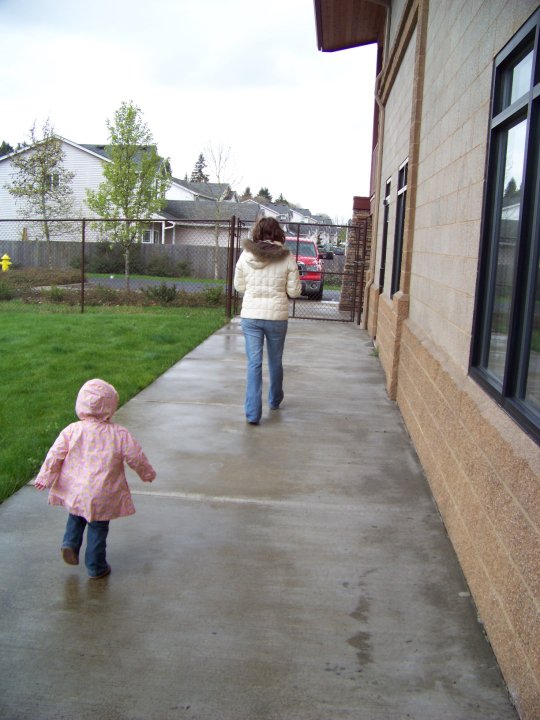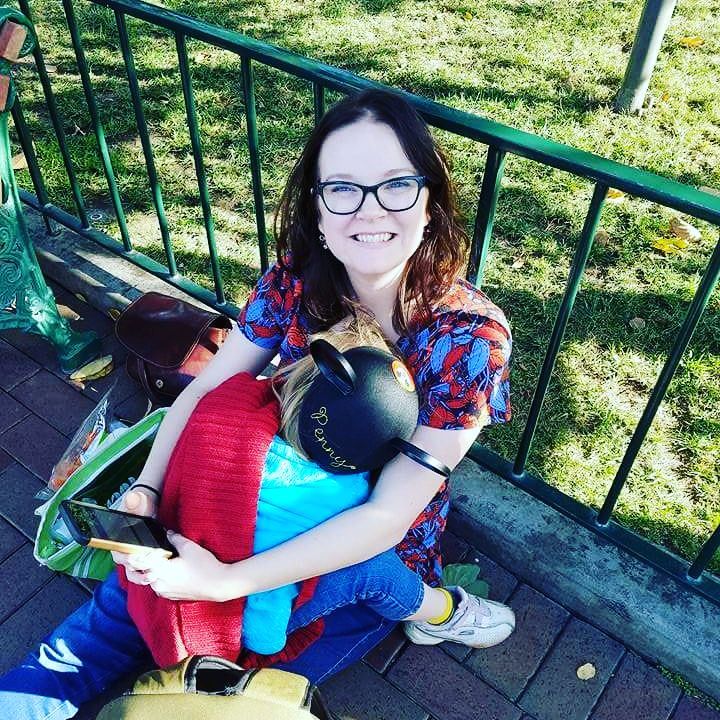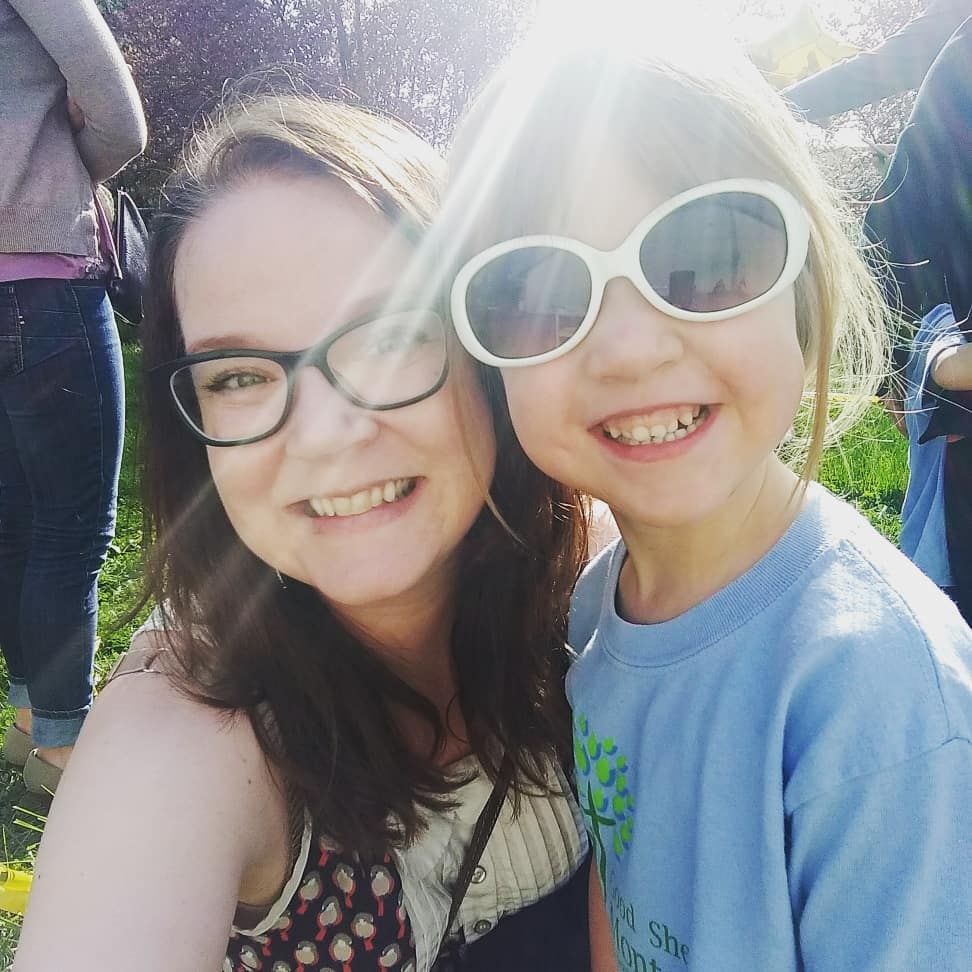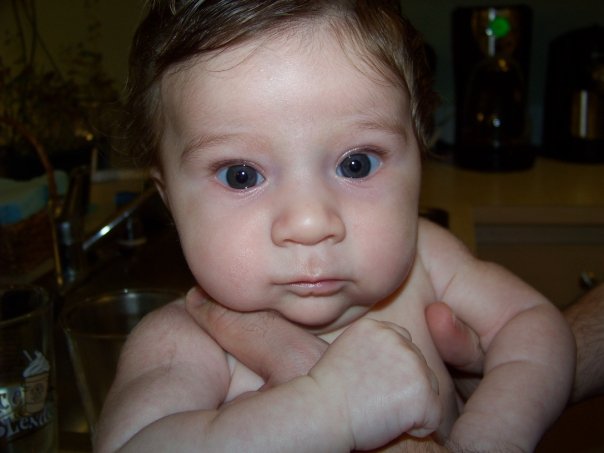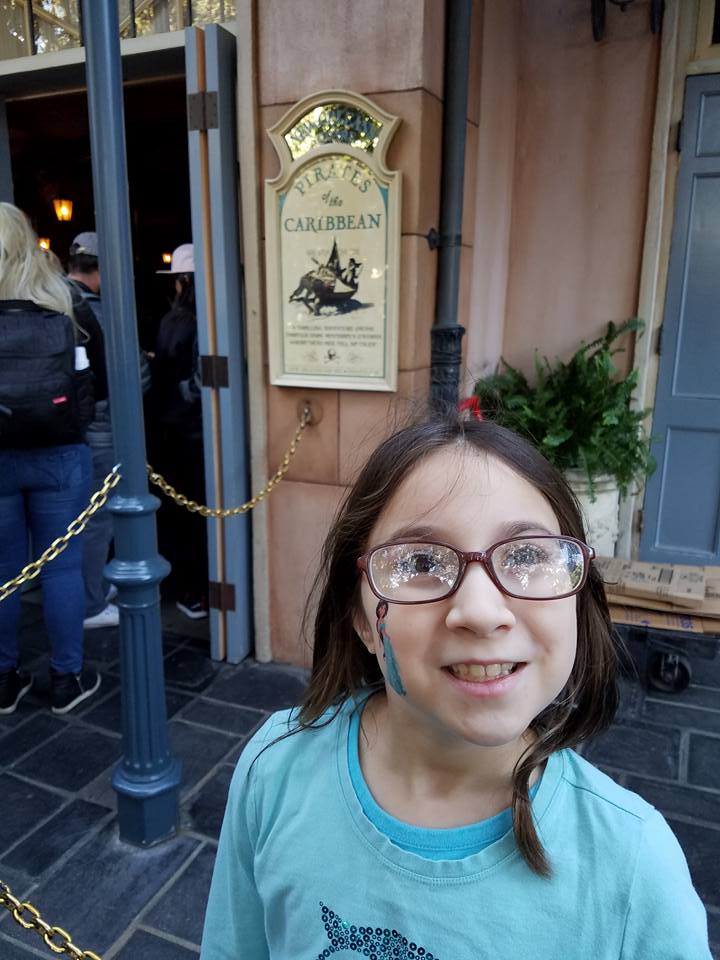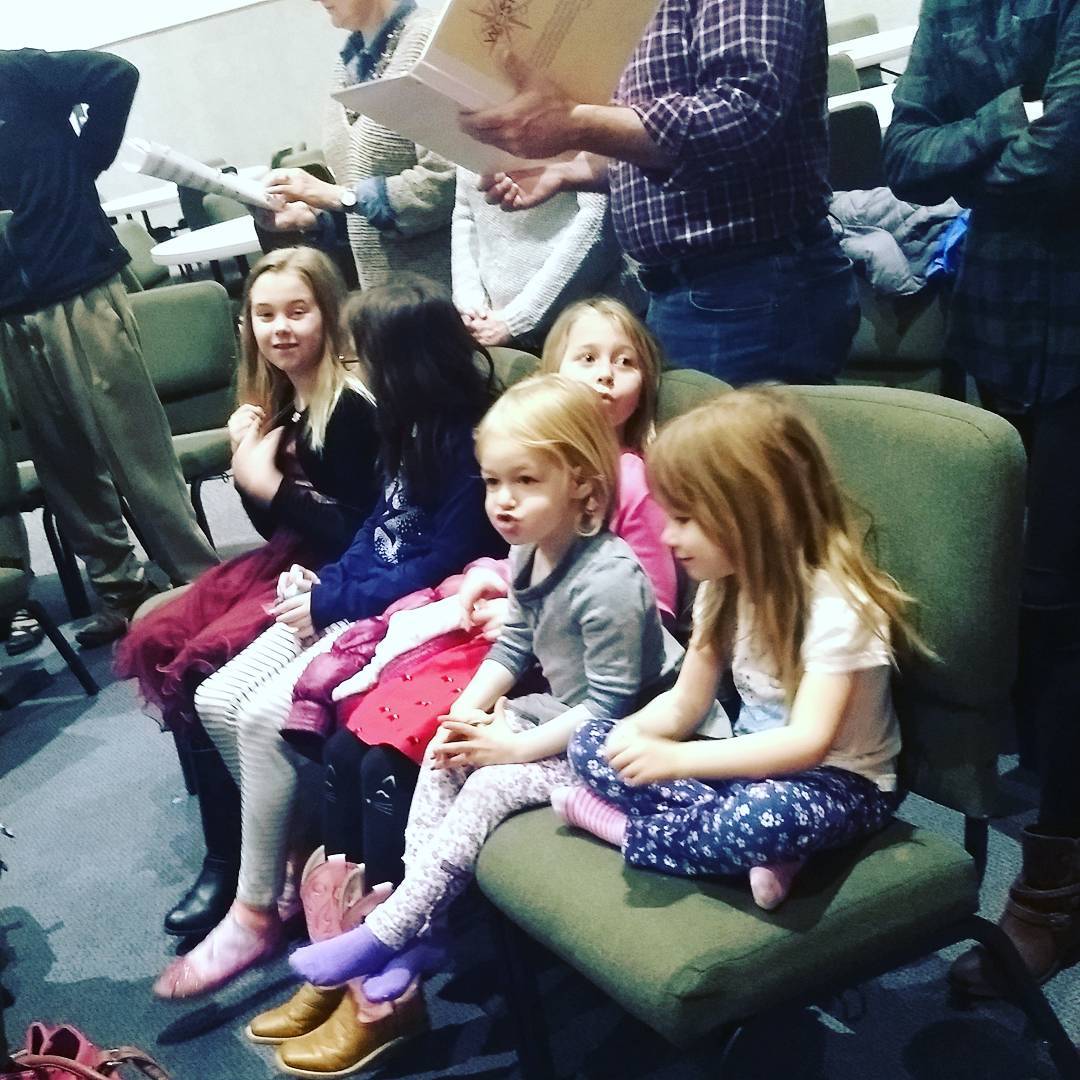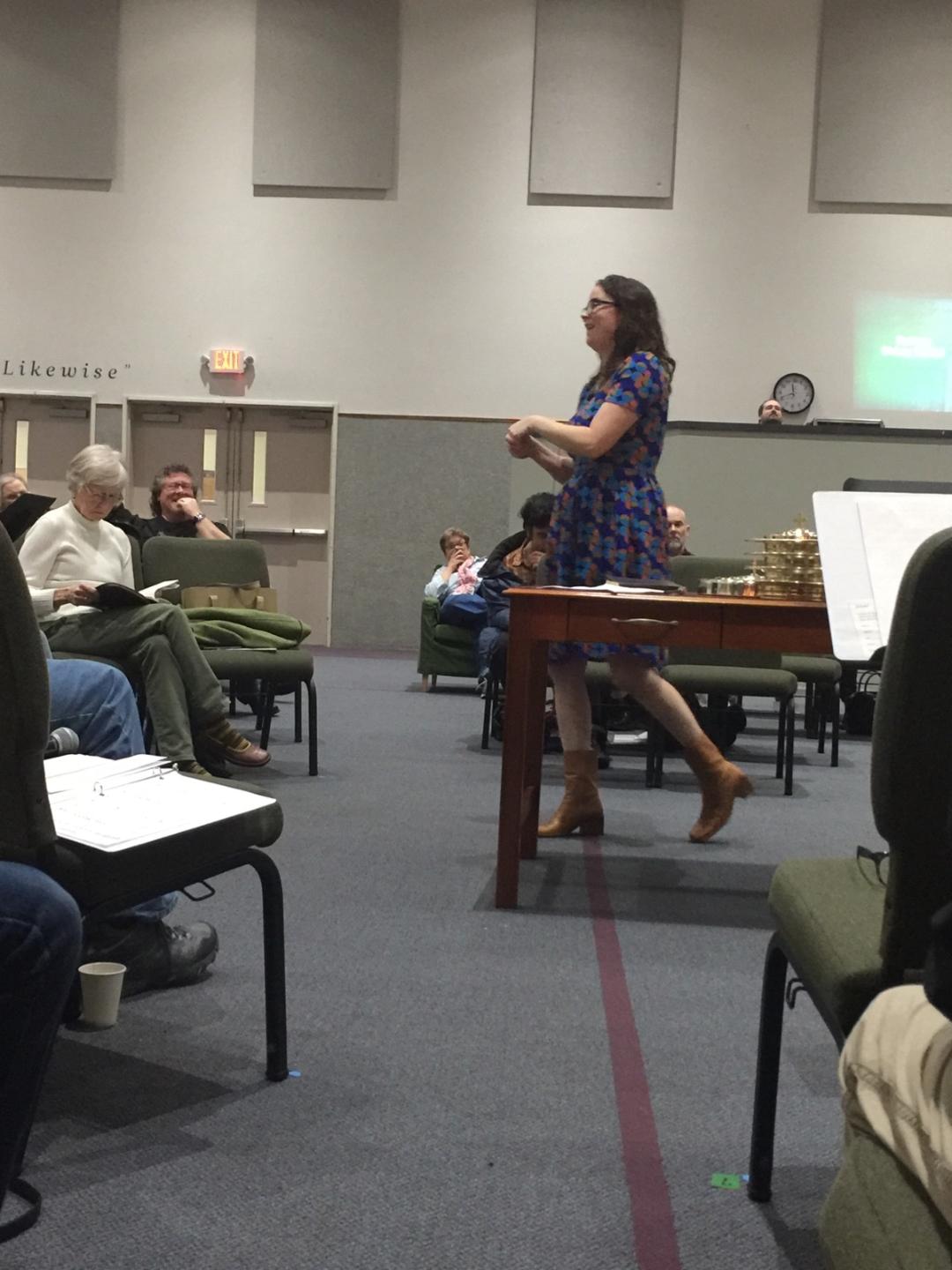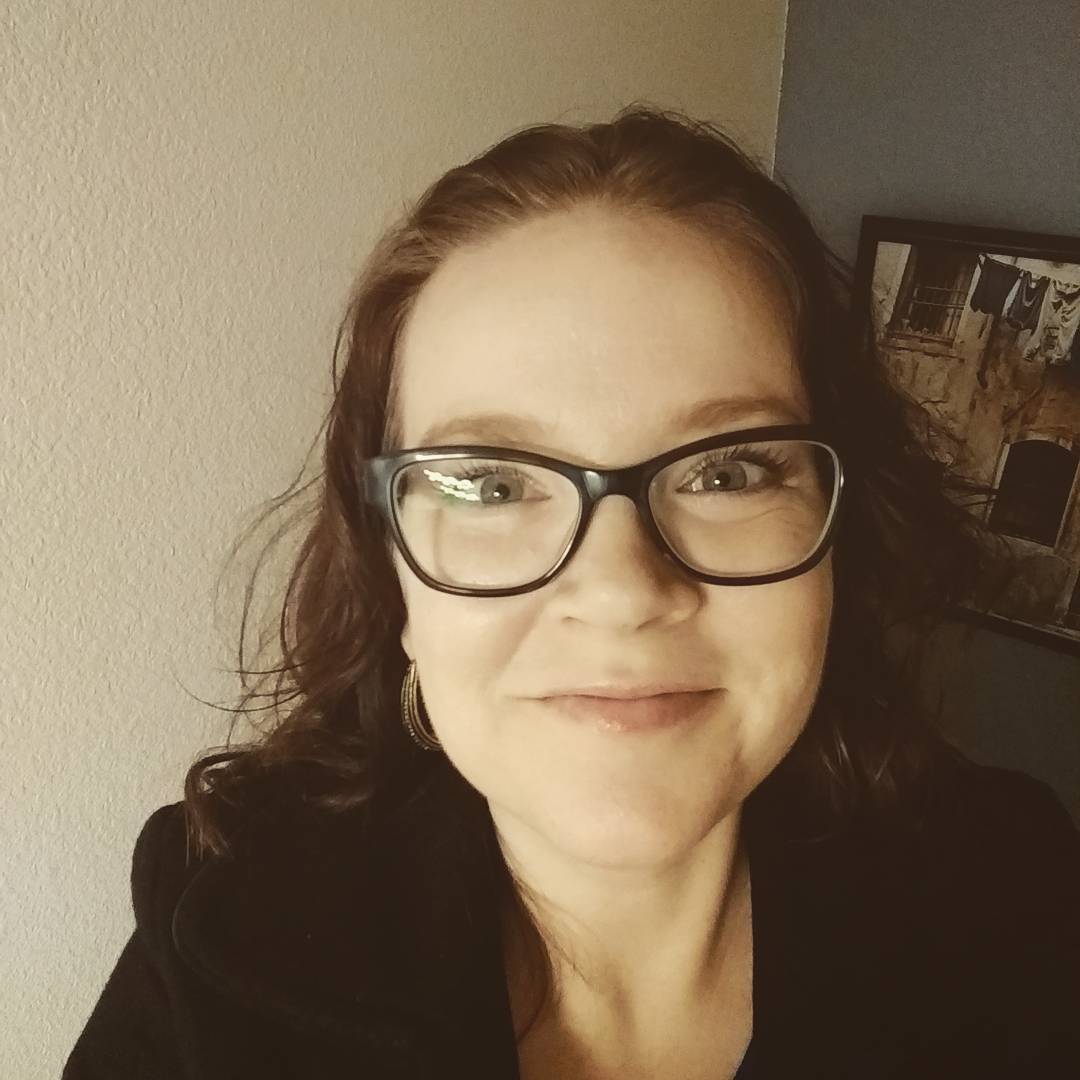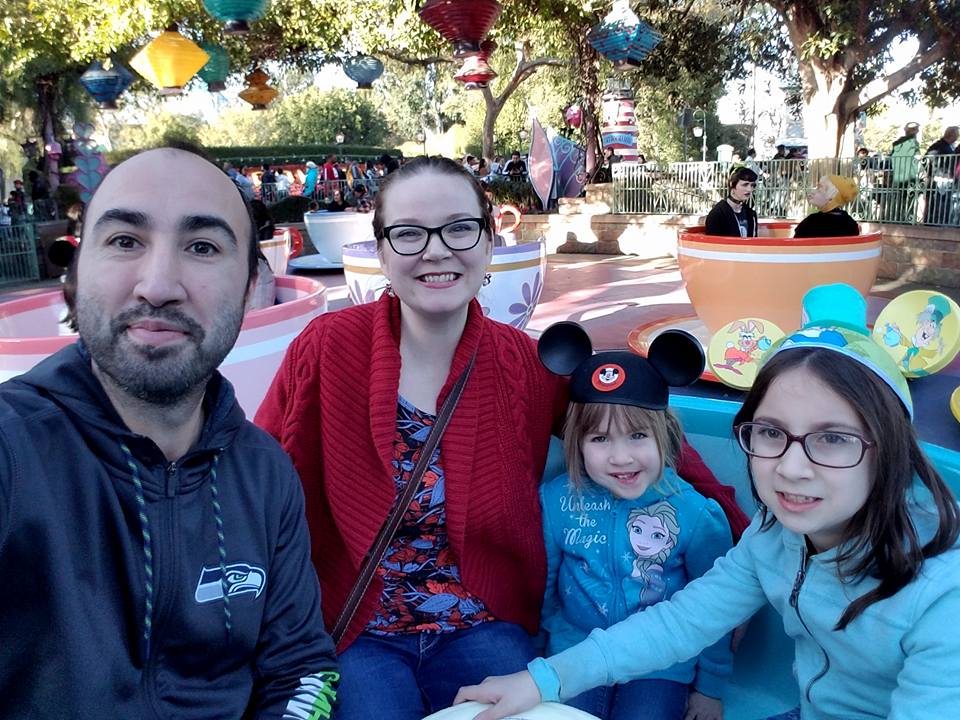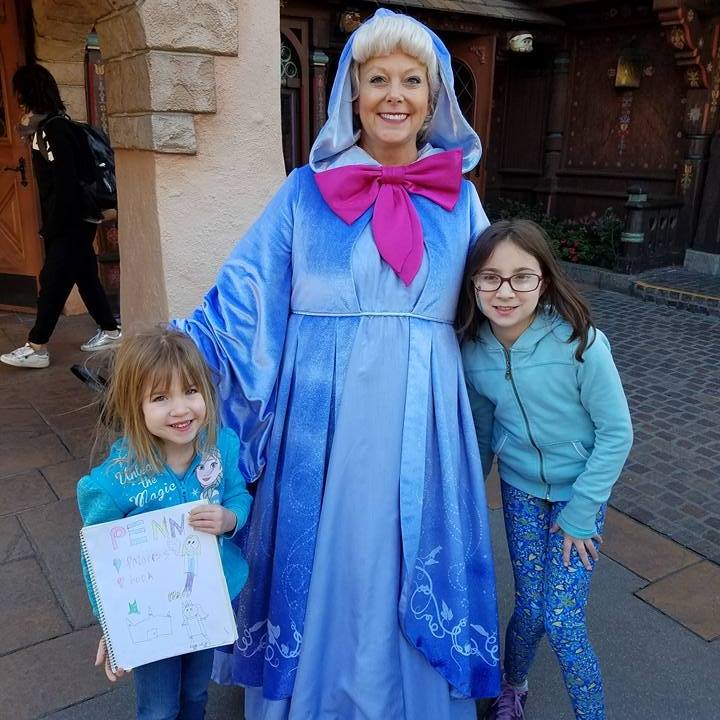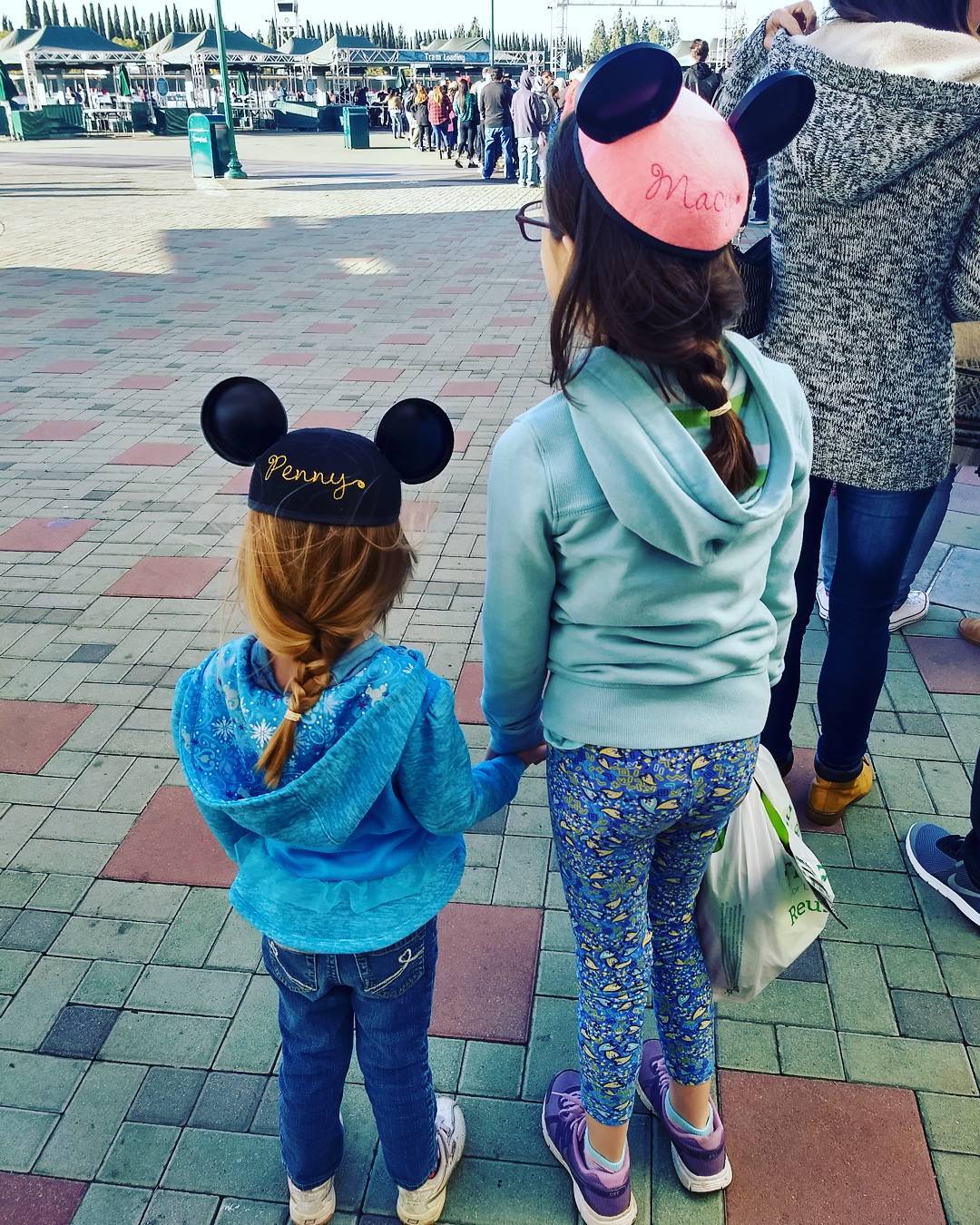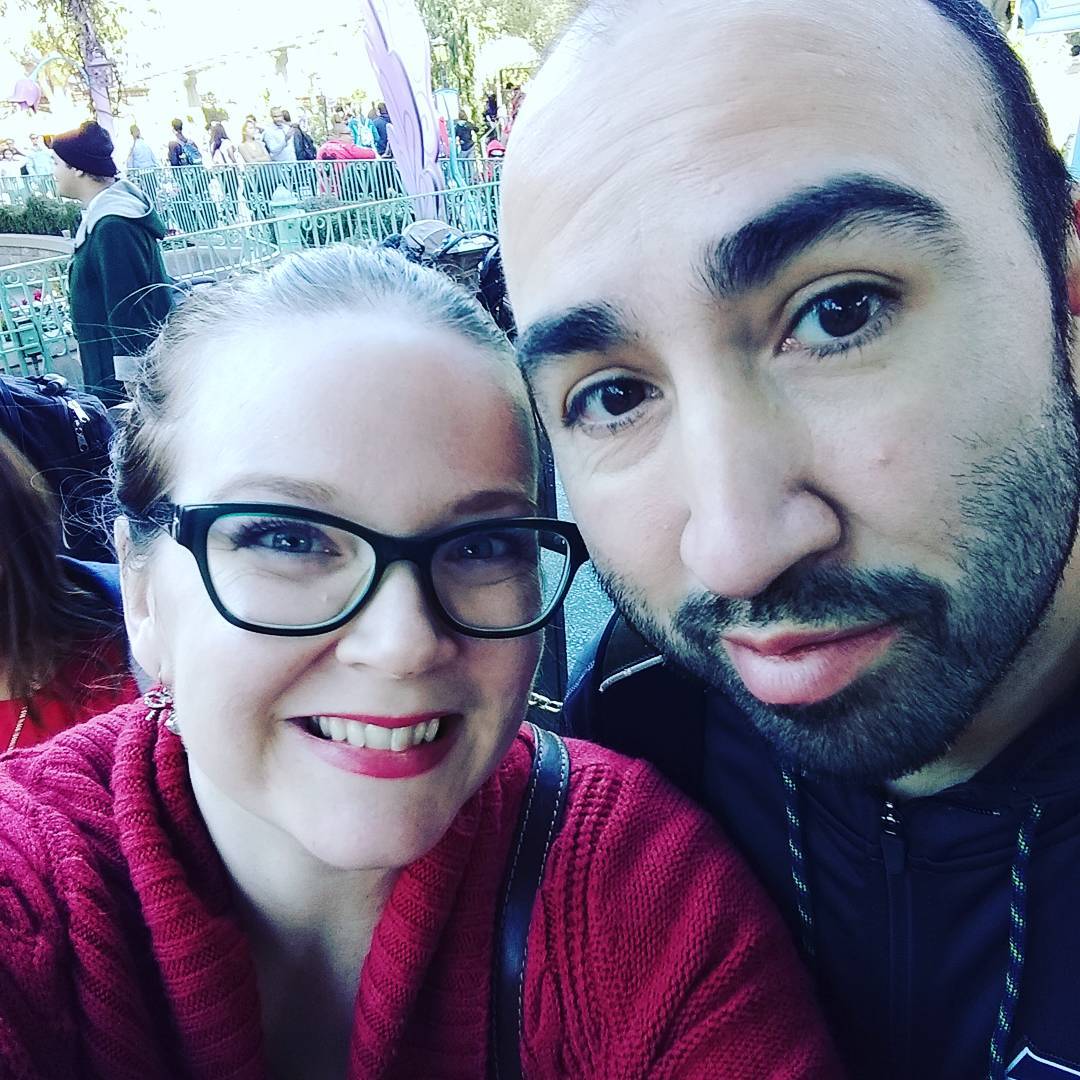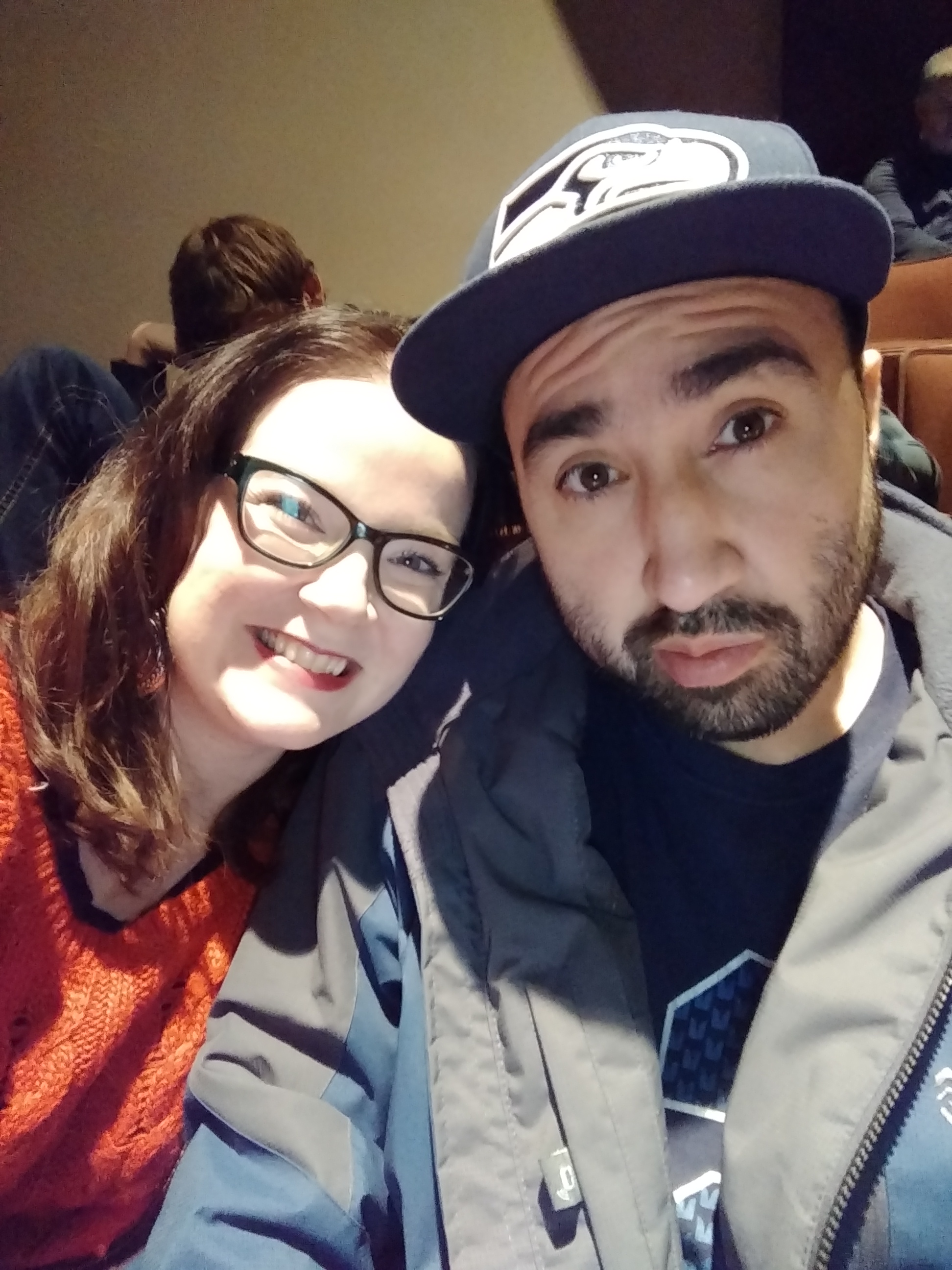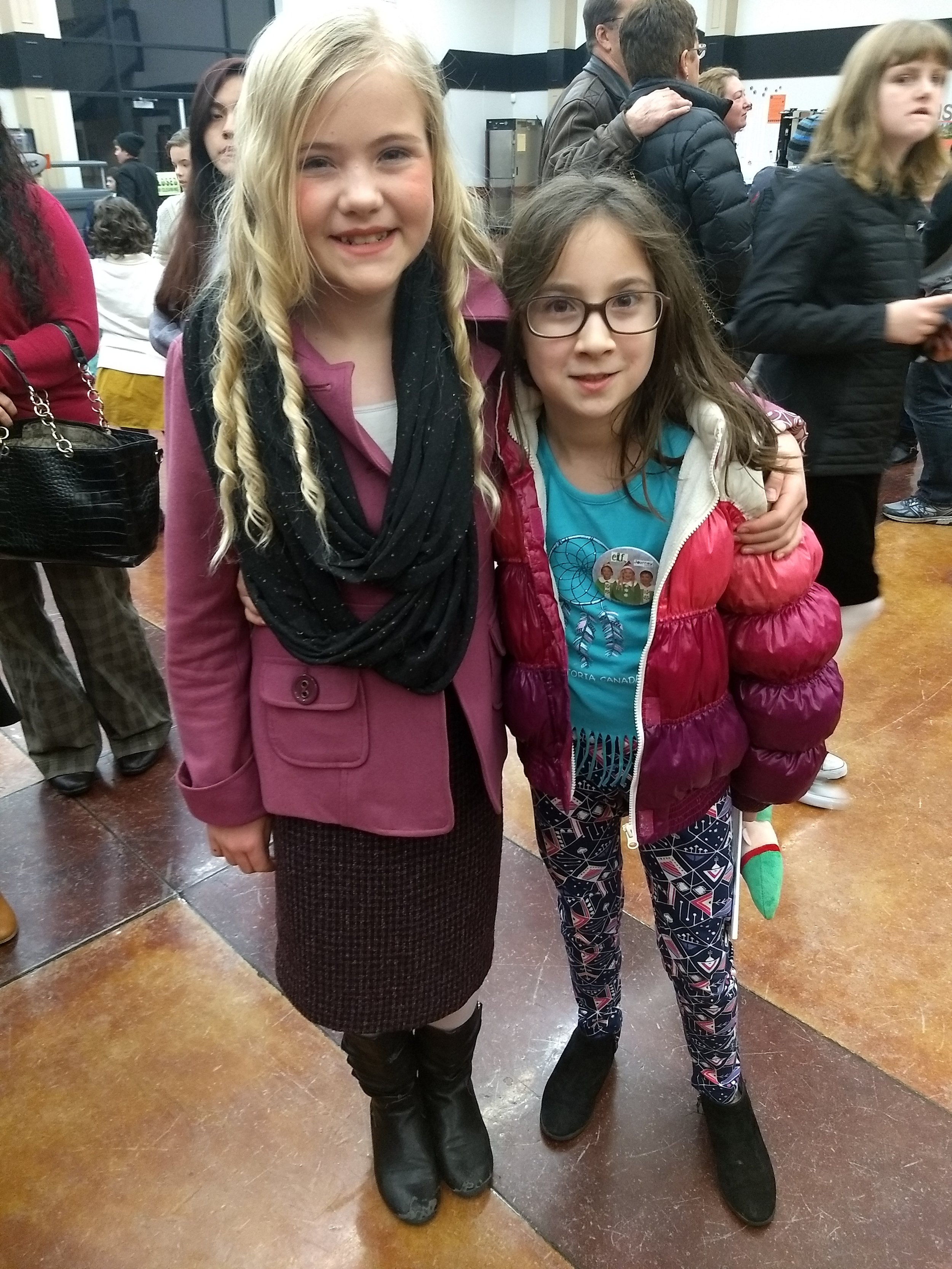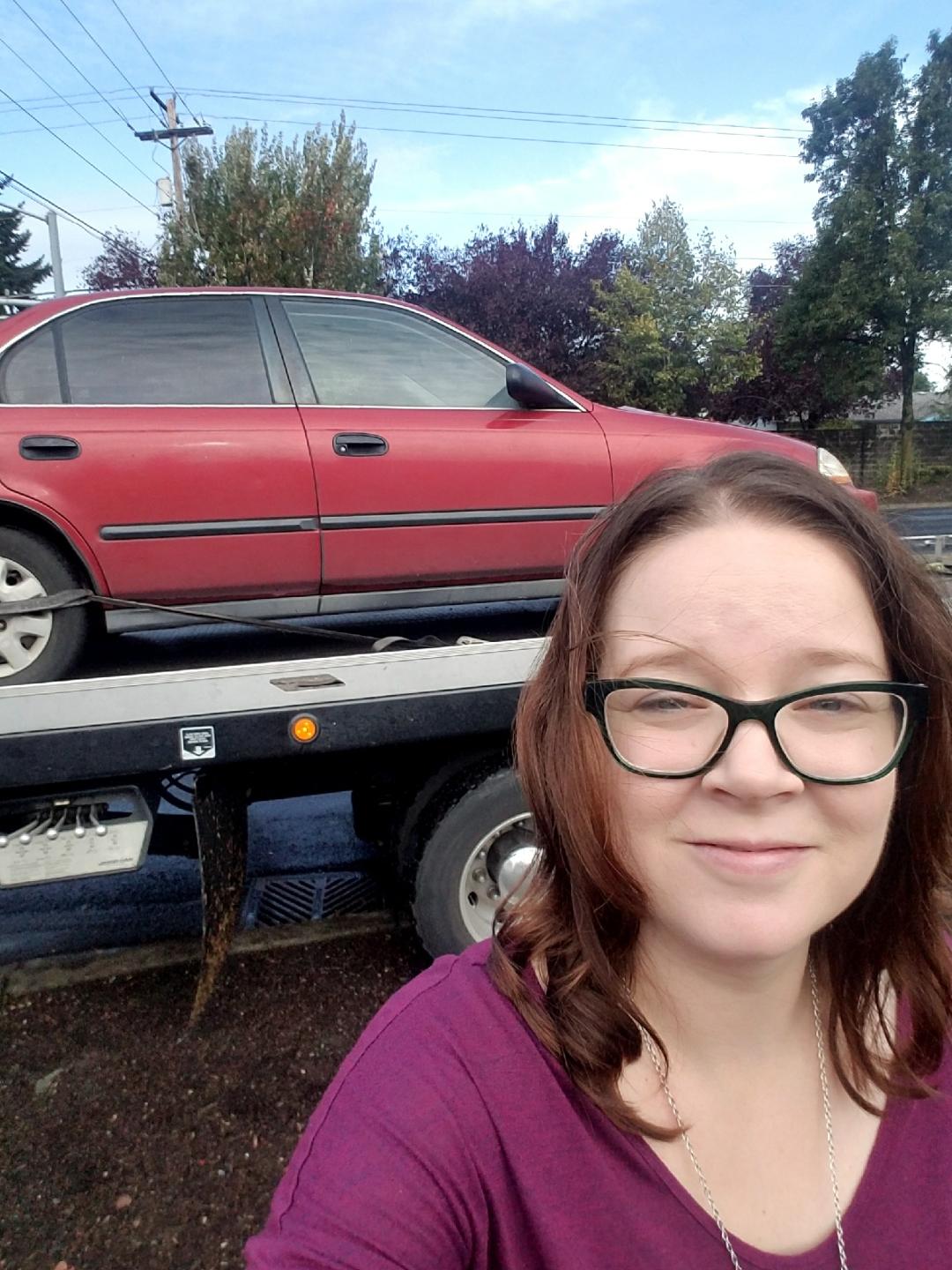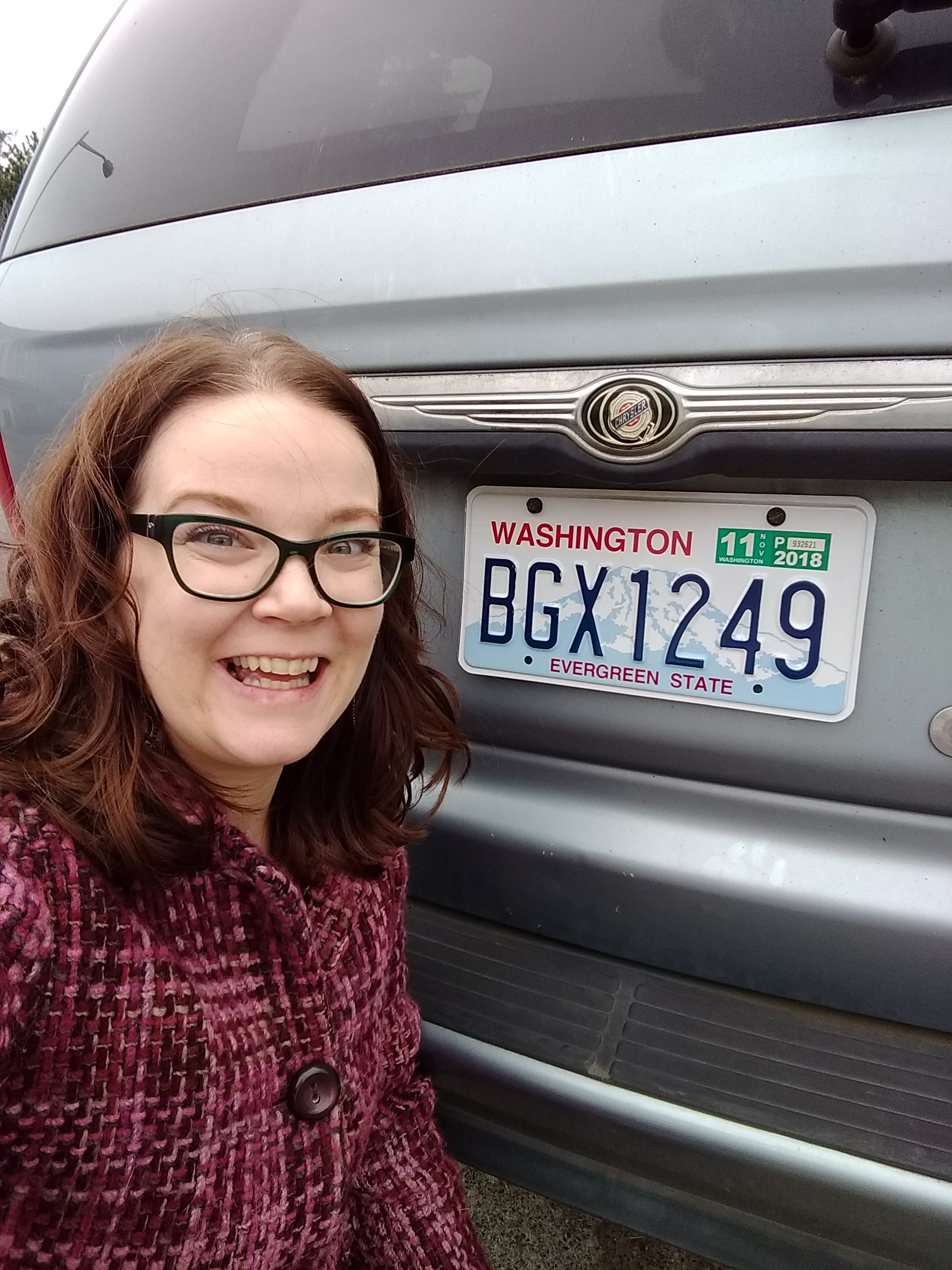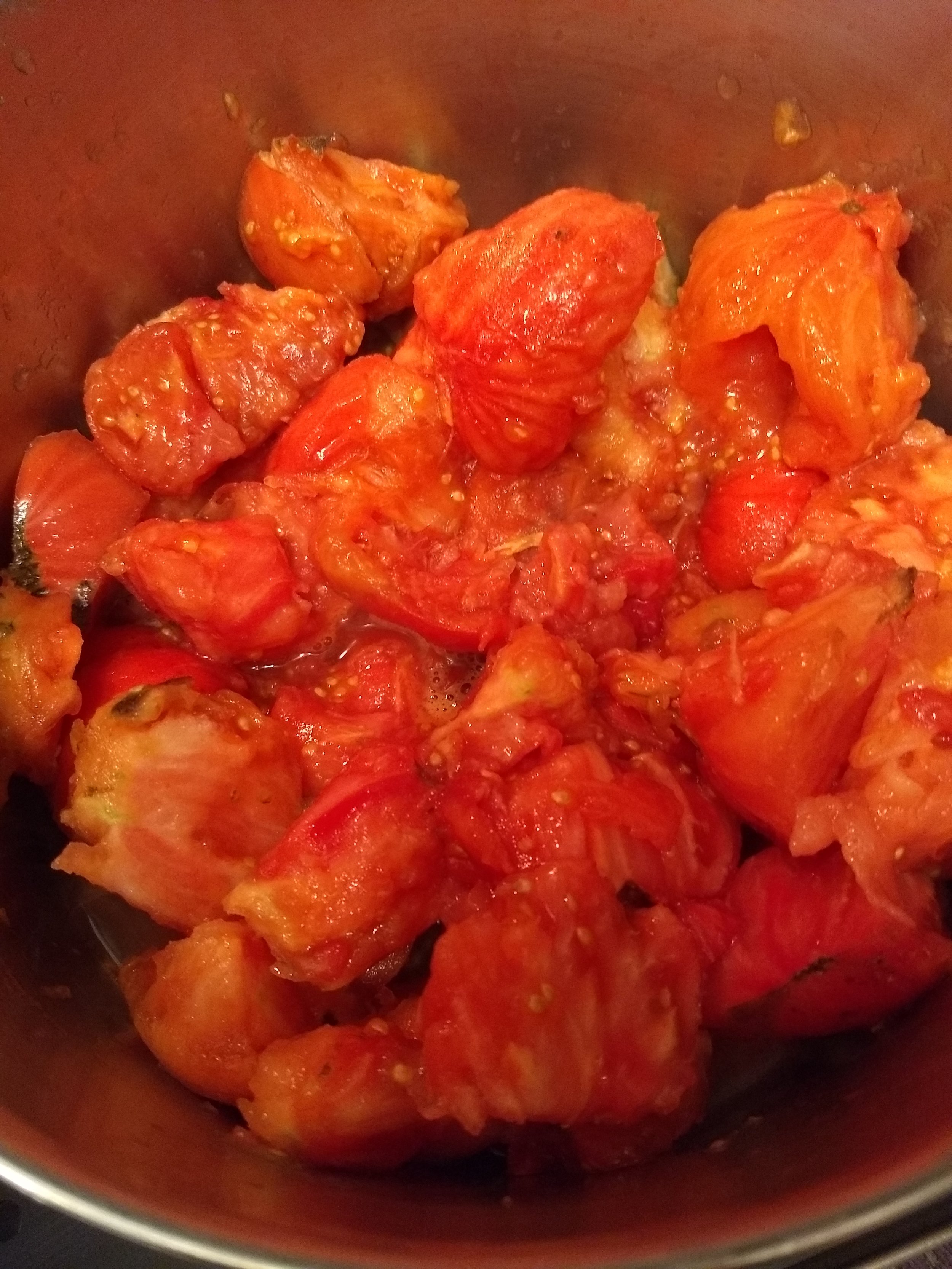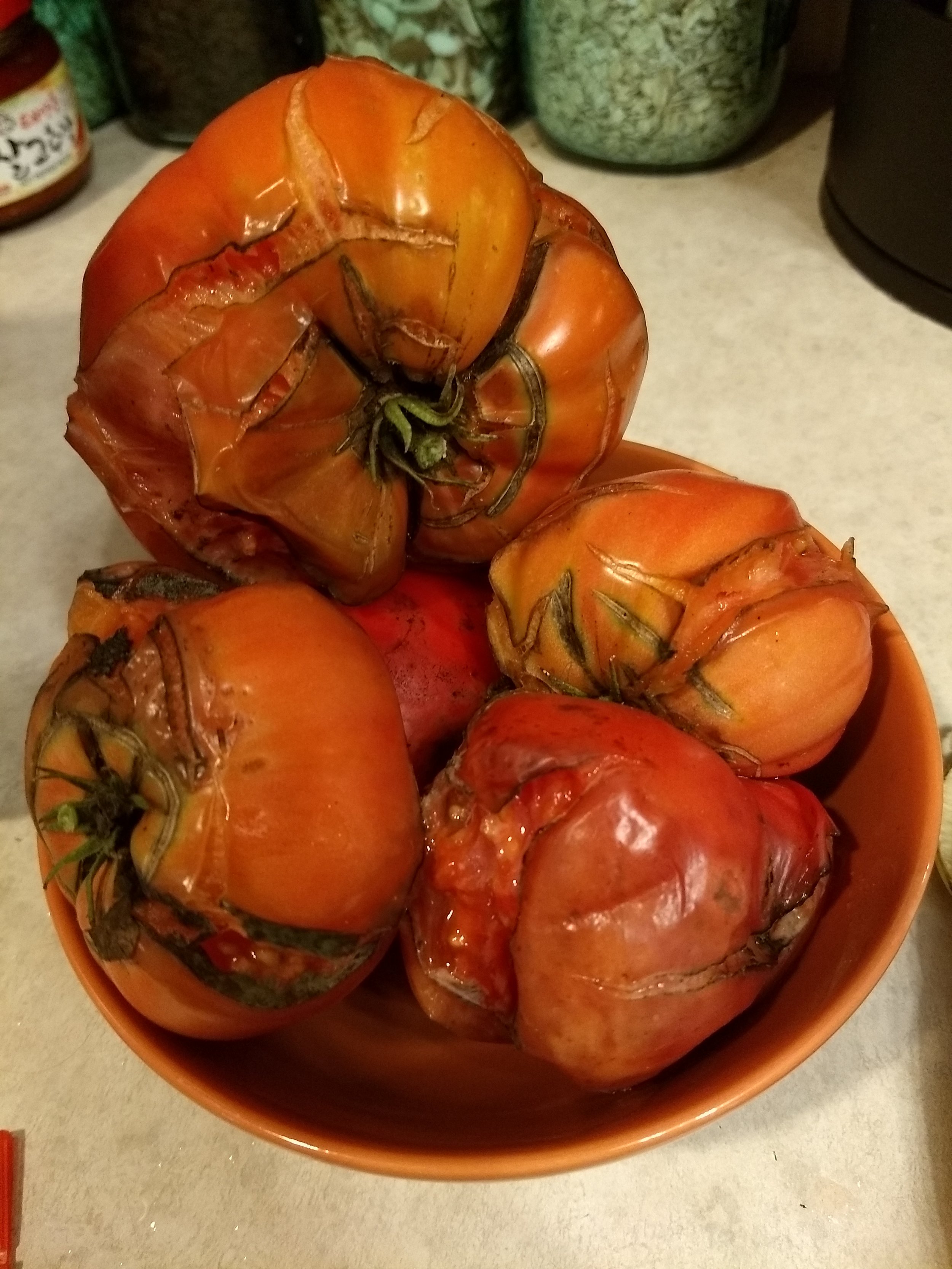Growing up in the churches of Christ while being raised by a cerebral, military man 46 years my senior gave me the impression that facts were important. Facts saved people's souls from hell if you can just embrace and believe in them. Facts and the large umbrella above it, education, gave us a safe path on which to build our lives. If people just had the correct facts, all problems would be solved. World peace. Heaven. Financial success. Health. Information is the key.
How great would that be?!?!
Fast forward a few decades and I find myself attending my first White Ally Workshop. I'm promised a toolkit to help draw people away from racist ideas and into the world of allyship (for us whities). Racism is a giant enemy that we want to think of as "other" so we can objectively, deliberately slay this dragon of inequality and unfairness. Unfortunately, the dragon has laid some eggs we're sitting on within ourselves. Racism isn't "other". Racism is "us." I don't meant that we're all racists in a deliberate, overt way. That involves choice and intent. I mean that we, as Americans, were born into a racist society and all of us who have benefitted from that (white people) are racist in some way. Our systems are racist. Our language is racist. Our dominant culture is white, rendering anything non-white as "other." It runs really, really deep. I haven't remotely hit the bottom of it.
We know this already, that we harbor racism within us that needs to come into light for us to see growth. The conclusion is, before we have societal, systemic change, we must have internal, personal change. And of course, all these things are actually happening simultaneously. It starts within. Oof that's hard. We have to stop sitting on the eggs of our racist society so they aren't hatched again and again and again within us and the subsequent generations. We have to starve the beast, break the eggs. We have to stop babying our fear, our ignorance, our need for power. And so we begin unpacking our privilege. And we read and we ask questions and we talk and we listen. Super important. At some point, we think we have enough learning under our belts to be able to sway others to begin their process.
Here's the problem: we want to sway with information. But studies show that information doesn't change people's hearts. STORIES DO. So I'm sitting in this training doing roleplaying practice and failing miserably. All I can think of is other people's stories. Police shootings and stories I read and facts I know. Nothing about personal experience. Nothing about touching hearts in real life. Only words to engage the mind. I can share facts imploringly and do, often. However, I was told in this workshop that what we need is to engage people in conversation with story and compassion and kindness rather than brow-beating facts, politicization of our social strife and judgement.
Uh oh.
I've got none of that.
Not when someone is griping about the tragedy that is taking down confederate monuments and how people of color need to "just behave themselves" and how the Black Lives Matter movement is local terrorism.
How can I listen and find the humanity in that? That stuff is bullshit. Okay, here's the distinction they were teaching. You can't find the humanity in racism. But can you find the humanity in someone who says racist things?
Ouch.
I can if I really try. I know a lot of "good" people who don't understand why this makes me so angry. But I don't really want to be generous towards them. I just want to focus my rage on their Fox News regurgitation. I don't want to think of them as children. I don't want to listen for their pain. I want the facts to rain down like men and obliterate their entire worldview. I want to burn it all to the ground. I want to force them to read all the stuff and listen to all the speeches and go to therapy for their stuff that gets in the way of them seeings themselves in another person.
Oh wait.
Isn't that what I'm struggling to do?
GAH!!!!
I'm particularly enraged at racism within white Christians. I just don't understand why they don't care. I regularly remind myself that many of us do. Many of us are angry, sad and on the ground. But I encounter the status quo often as well. The throwing up of red herrings to preserve what is. WHY DON'T THEY CARE? You guys, I cry, scream, rage. WHY DON'T THEY CARE THAT PEOPLE ARE DEAD WHEN THEY DID NOTHING TO DESERVE IT? (I could also ask why they don't care about deaths that are considered warranted but that's another post.) How are any black bodies gunned down in the street, backyards and cars okay with anyone who claims to love Jesus?
JESUS WAS FUCKING BROWN.
Jesus loved God and loved others. That is the whole religion. At what point does that look like finding a tolerable amount of unwarranted racist deaths just so you one doesn't have to change, read, grow or learn?
I'm so sick of the apathy, the politicizing of real people and debates but I'm too angry to harness my rage right now and be productive with it.
Maybe this post is what I can do right now. Perhaps this is productive.
I still have a ways to go, friends.
We all do.
* If you'd like to attend a White Ally Workshop or download the toolkit, their site is here.



